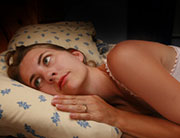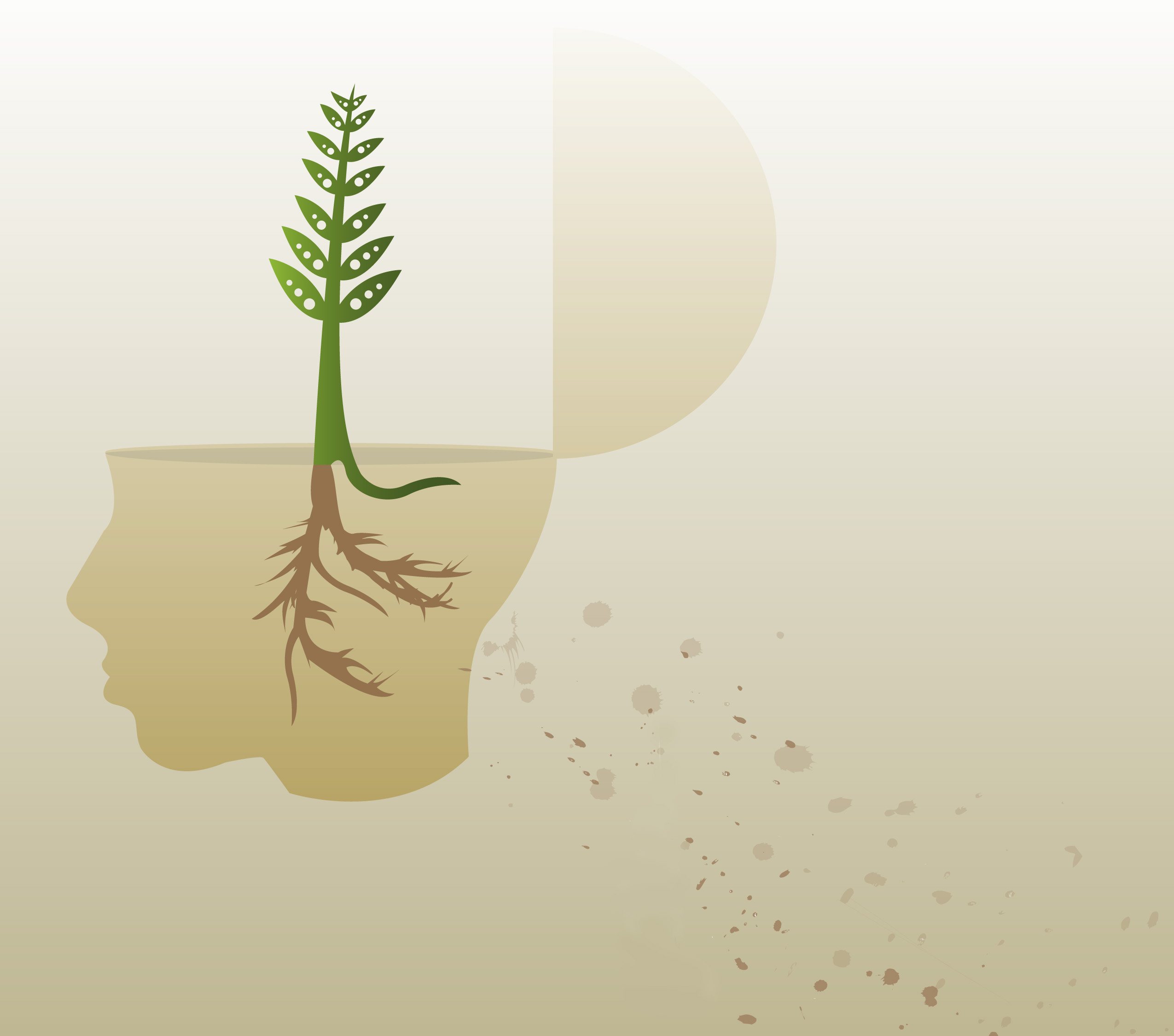
FRIDAY, Feb. 28, 2014 (HealthDay News) — The brains of insomniacs buzz with more activity during the day, preliminary new research suggests, offering possible insight into why people with sleep problems complain that their minds won’t shut down at night.
The findings, based on a small study of 28 people aged 50 and older, aren’t definitive and won’t immediately lead to help for insomniacs. But the results are “potentially getting us closer to different types of treatment to treat this excitability they’re having in the brain,” said study lead author Dr. Rachel Salas, a neurologist and assistant professor at the Johns Hopkins Medical Institution, in Baltimore.
At issue: The millions of people who suffer from insomnia. About 10 percent to 15 percent of adults in the United States think they have chronic insomnia, according to the U.S. National Institutes of Health, while surveys by the National Sleep Foundation report that many more suffer from symptoms of troubled sleep.
Insomnia has many causes, such as sleep apnea, side effects of medications and consumption of caffeine. It is often difficult to treat.
In the new study, researchers used a type of noninvasive electromagnetic stimulation to look at “plasticity” — the brain’s ability to remake itself moment by moment as we learn new things and make new memories.
“The more plastic your brain, the better it’s able to adapt to new memories and new learning or an event like a stroke,” Salas said. “It’s usually a good thing. You want your brain to be able to adapt and change to keep up with what you need it to do.”
The researchers thought the brains of insomniacs would be more sluggish. But the study, which tracked brain activity in 18 people with sleep problems and 10 people who didn’t have trouble sleeping, found the opposite, at least when they were awake.
The brains of insomniacs were busier than those of the normal sleepers, Salas said. “It’s like they’re constantly on, constantly being activated,” she explained.
This fits in with the experiences of some insomniacs who say they can’t sleep because their brains are always revved up, she said.
Still, these revved-up brains may not be able to compensate for the daytime troubles caused by sleeplessness, such as the accidents and mistakes that plague insomniacs. And then there’s the fact that scientists theorize that sleep — whose very purpose is unknown — “is important for brain plasticity,” said Marcos Frank, an associate professor of neuroscience at the University of Pennsylvania School of Medicine.
If insomnia makes the brain busier and more plastic, how would that fit in with the idea that sleep is supposed to do that? One possibility is that an overactive brain has trouble prioritizing things and overreacts to “innocuous events,” said Frank, who’s familiar with the new study findings.
He praised the study, but noted that it’s small and limited. “It would have been more interesting if tests of other types of plasticity were also performed, but it’s a good start,” he said.
Study author Salas said the research could eventually lead to ways to calm the thinking of overactive brains in insomniacs. “Perhaps,” she said, “that can transition them to sleep.”
The study is published in the March issue of the journal Sleep.
More information
For more about insomnia, try the National Sleep Foundation.
Copyright © 2026 HealthDay. All rights reserved.

